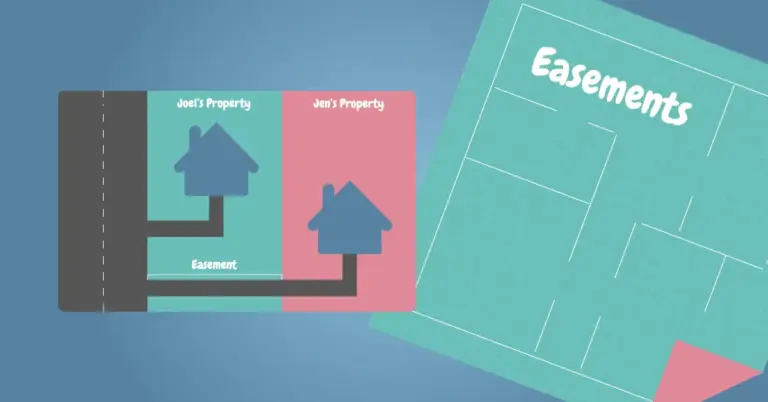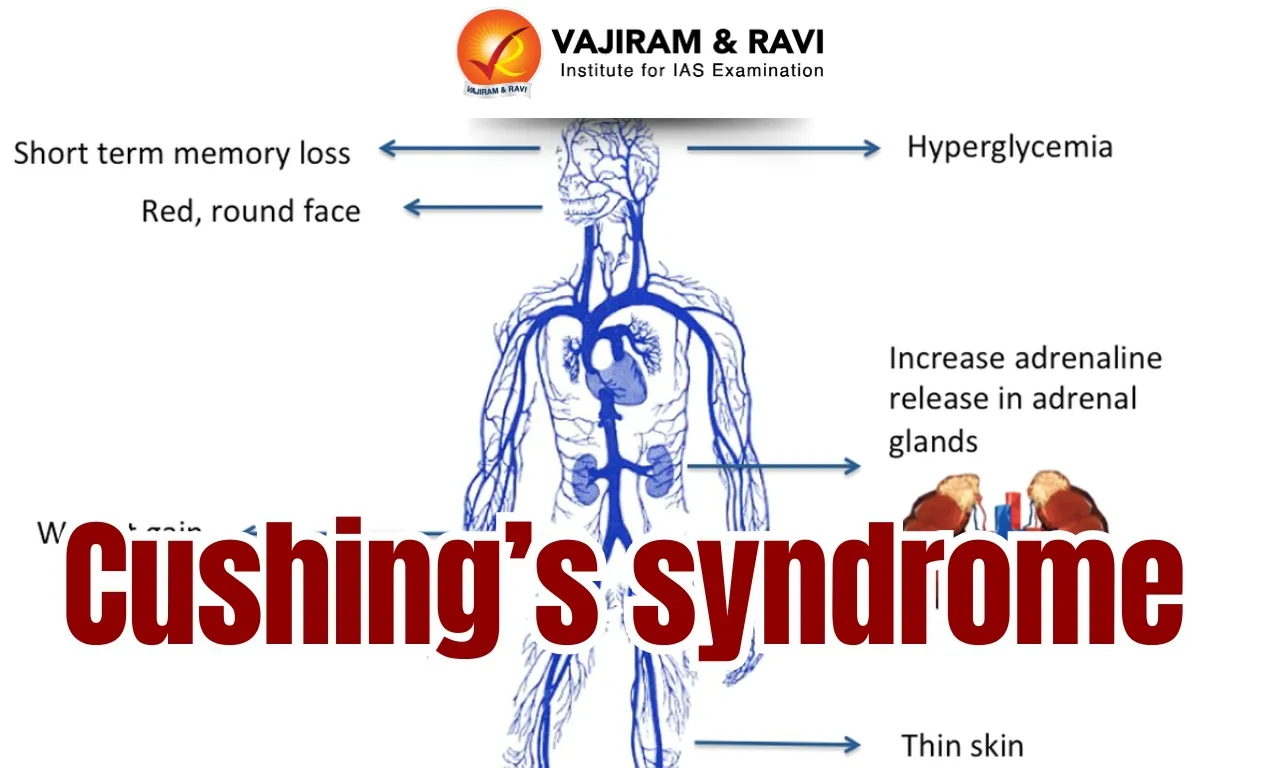About Easementary Right
- The concept of easement has been defined under Section 4 of the Indian Easements Act, 1882.
- According to the provisions of Section 4, an easementary right is a right possessed by the owner or occupier of the land on some other land, not his own, the purpose of which is to provide the beneficial enjoyment of the land.
- This right is granted because, without the existence of this right an occupier or owner cannot fully enjoy his own property.
- It includes the right to do or continue to do something or to prevent or to continue to prevent something in connection with or in respect of some other land, which is not his own, for the enjoyment of his own land.
- The word ‘land’ refers to everything permanently attached to the earth, and the word ‘beneficial enjoyment’ denotes convenience, advantage or any amenity, or any necessity.
- The owner or occupier referred to in the provision is known as the Dominant Owner and the land for the benefit of which the easementary right exists is called Dominant Heritage.
- Whereas the owner upon whose land the liability is imposed is known as the Serviant Owner and the land on which such a liability is imposed to do or prevent something is known as the Servient Heritage.
- Eg: ‘P’, being the owner of certain land or house, has a right of way over Q’s house, adjacent to his house, to move out of the street. This is known as right of easement.
An easement is, in no way, a transfer of property. It could be made, altered, or released as well, and should always be in written form, except when it has been enjoyed for a very long time without restrictions. A written document helps either party to challenge it in a court of law.
Q1: Who is an Attorney?
Lawyer refers to someone who is educated and trained in law. Lawyers are people who have gone to law school and often may have taken and passed the bar exam. The term attorney is an abbreviated form of the formal title “attorney at law.” An attorney is someone who is not only trained and educated in law, but also practices it in court. A basic definition of an attorney is someone who acts as a practitioner in a court of law.
Source: Power Of Attorney Holder Can Only Depose About Facts Within His Personal Knowledge: Supreme Court
Last updated on March, 2026
→ UPSC Notification 2026 is now out on the official website at upsconline.nic.in.
→ UPSC IFoS Notification 2026 is now out on the official website at upsconline.nic.in.
→ UPSC Calendar 2026 has been released.
→ UPSC Final Result 2025 is expected to be released soon.
→ UPSC will release the UPSC Toppers List 2025 with the Civil Services final result on its official website.
→ Check out the latest UPSC Syllabus 2026 here.
→ Join Vajiram & Ravi’s Interview Guidance Programme for expert help to crack your final UPSC stage.
→ UPSC Mains Result 2025 is now out.
→ UPSC Prelims 2026 will be conducted on 24th May, 2026 & UPSC Mains 2026 will be conducted on 21st August 2026.
→ The UPSC Selection Process is of 3 stages-Prelims, Mains and Interview.
→ Prepare effectively with Vajiram & Ravi’s UPSC Prelims Test Series 2026 featuring full-length mock tests, detailed solutions, and performance analysis.
→ Enroll in Vajiram & Ravi’s UPSC Mains Test Series 2026 for structured answer writing practice, expert evaluation, and exam-oriented feedback.
→ Join Vajiram & Ravi’s Best UPSC Mentorship Program for personalized guidance, strategy planning, and one-to-one support from experienced mentors.
→ Check UPSC Marksheet 2025 Here.
→ UPSC Toppers List 2024 is released now. Shakti Dubey is UPSC AIR 1 2024 Topper.
→ Also check Best UPSC Coaching in India


















